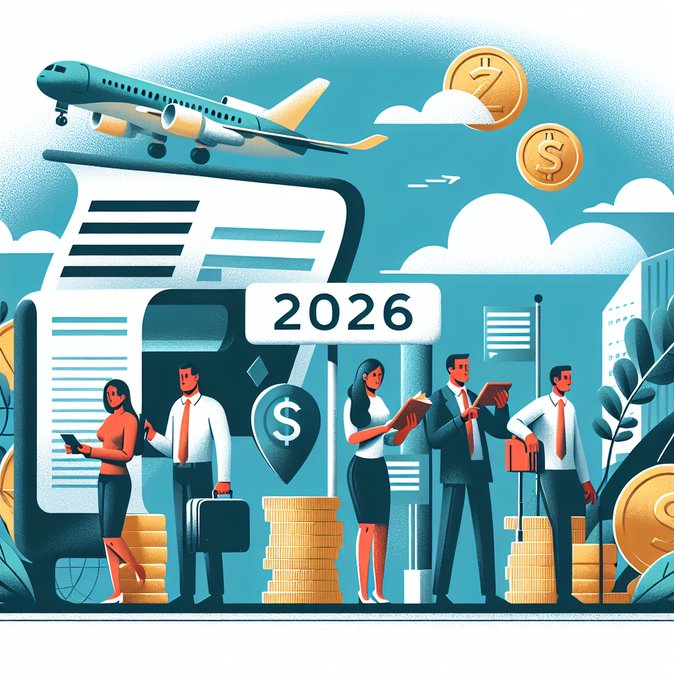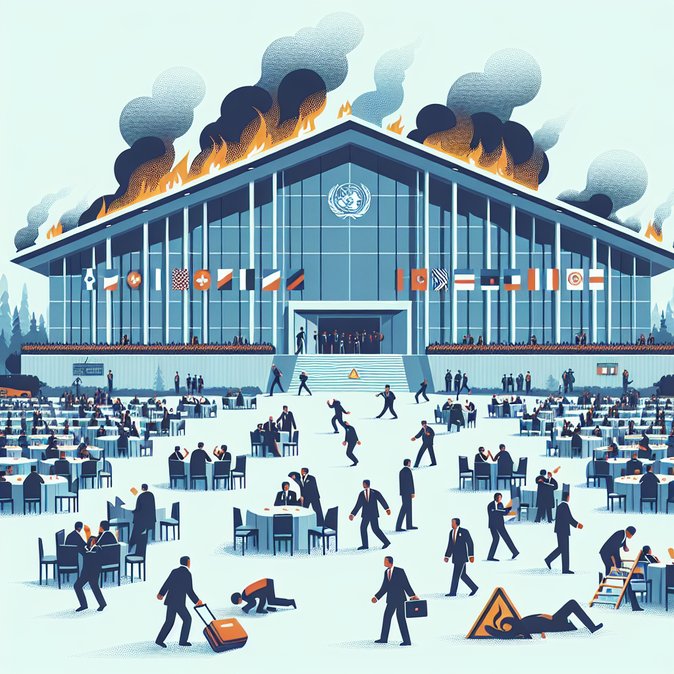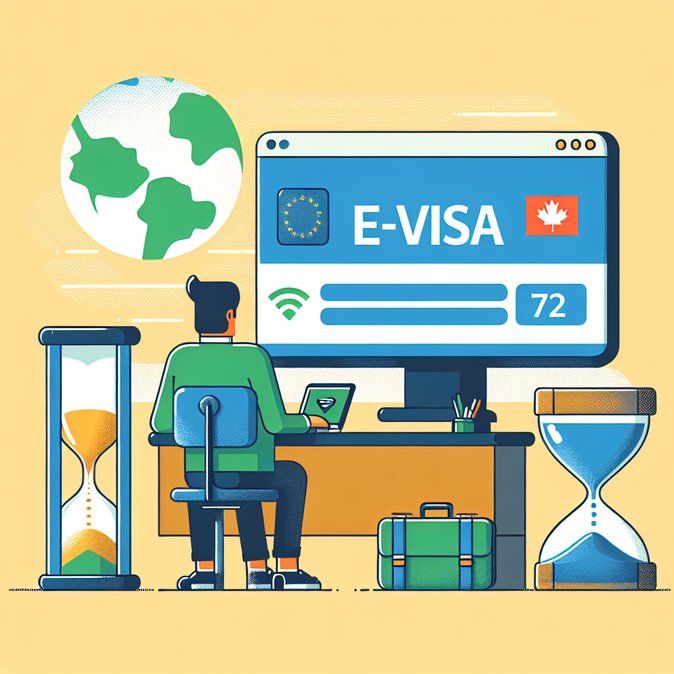
The United States Department of Homeland Security published its annual inflation adjustment on 20 November, confirming that several travel-authorisation fees will jump on 1 January 2026. The headline increase raises the Electronic System for Travel Authorization (ESTA) cost from US $21.70 to US $40.27, nearly doubling the out-of-pocket expense for Brazilians who hold dual passports from Visa Waiver Program (VWP) countries such as Italy or Portugal.
Brazilian nationals who travel on Brazilian passports already require full B-category visitor visas, but many mixed-nationality families and dual citizens leverage ESTA to enter the United States for short business or vacation trips. Corporate-mobility teams should revise cost models for 2026 travel budgets, especially for executives who transit the U.S. en route to Latin-American headquarters.
![DHS Confirms 2026 Visa-Fee Hikes: Brazilians to Pay More for ESTA, EVUS and Parole Requests]()
Also affected is the Electronic Visa Update System (EVUS), used mainly by Chinese-passport holders. The fee will rise to US $30.75. Although EVUS does not apply to Brazilians, multinationals with China-based assignees should note the change when routing staff through Brazil–U.S.–Asia triangles.
Finally, humanitarian-parole processing—which occasionally covers Brazilian seafarers and offshore technicians rotated through U.S. ports—will surge to US $1,020. Companies relying on that pathway for urgent project work should explore alternative visa categories or factor in higher compliance costs.
Because DHS indexed the fees to inflation under the One Big Beautiful Bill Act (HR-1), further automatic adjustments are possible each fiscal year. Travel managers are therefore encouraged to build escalation clauses into long-term service agreements with relocation suppliers and to communicate the changes to travellers well before the 2026 peak-planning cycle begins.
Brazilian nationals who travel on Brazilian passports already require full B-category visitor visas, but many mixed-nationality families and dual citizens leverage ESTA to enter the United States for short business or vacation trips. Corporate-mobility teams should revise cost models for 2026 travel budgets, especially for executives who transit the U.S. en route to Latin-American headquarters.

Also affected is the Electronic Visa Update System (EVUS), used mainly by Chinese-passport holders. The fee will rise to US $30.75. Although EVUS does not apply to Brazilians, multinationals with China-based assignees should note the change when routing staff through Brazil–U.S.–Asia triangles.
Finally, humanitarian-parole processing—which occasionally covers Brazilian seafarers and offshore technicians rotated through U.S. ports—will surge to US $1,020. Companies relying on that pathway for urgent project work should explore alternative visa categories or factor in higher compliance costs.
Because DHS indexed the fees to inflation under the One Big Beautiful Bill Act (HR-1), further automatic adjustments are possible each fiscal year. Travel managers are therefore encouraged to build escalation clauses into long-term service agreements with relocation suppliers and to communicate the changes to travellers well before the 2026 peak-planning cycle begins.


